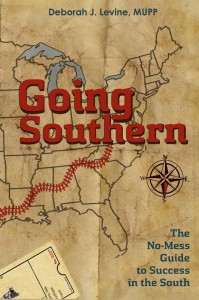(The Bermuda Jews History Series was originally published in The Bermudian Magazine. My family is the only Jewish family to have lived on the island for 4 generations and I am the sole remaining family member who grew up there. My grandfather is one of Bermuda’s Founding 400 and I want to ensure that the legacy of Jews is honored.)
 In the 1990s, I made my first trip to Bermuda in fifteen years. My family, once the mainstay of Bermuda Jews, were long gone from the island. The first whiff of salty sea air hasn’t changed but the airport is a jumble of construction. A short jog across the tarmac should end in a hushed wait for the appearance of a customs agent, sitting patiently on the dark wood furniture of the terminal’s old-fashioned waiting room. Today, official greeters wave us through a temporary cordoned maze to a terminal with a second story, a food court, and customs agents encased in glass booths. An electronically-enhanced steel band strikes an earnest rendition of “Island in the Sun” where a portrait of a young Queen Elizabeth once hung.
In the 1990s, I made my first trip to Bermuda in fifteen years. My family, once the mainstay of Bermuda Jews, were long gone from the island. The first whiff of salty sea air hasn’t changed but the airport is a jumble of construction. A short jog across the tarmac should end in a hushed wait for the appearance of a customs agent, sitting patiently on the dark wood furniture of the terminal’s old-fashioned waiting room. Today, official greeters wave us through a temporary cordoned maze to a terminal with a second story, a food court, and customs agents encased in glass booths. An electronically-enhanced steel band strikes an earnest rendition of “Island in the Sun” where a portrait of a young Queen Elizabeth once hung.
Continue reading Bermuda Jews Part 1: Returning for Passover – by Deborah Levine

 In her enormously important book,
In her enormously important book,  Reprinted in honor of Madeleine Albright R.I.P. 1937-2022
Reprinted in honor of Madeleine Albright R.I.P. 1937-2022